Storm Boris Brings Devastating Floods to Central Europe: What You Need to Know for Travel
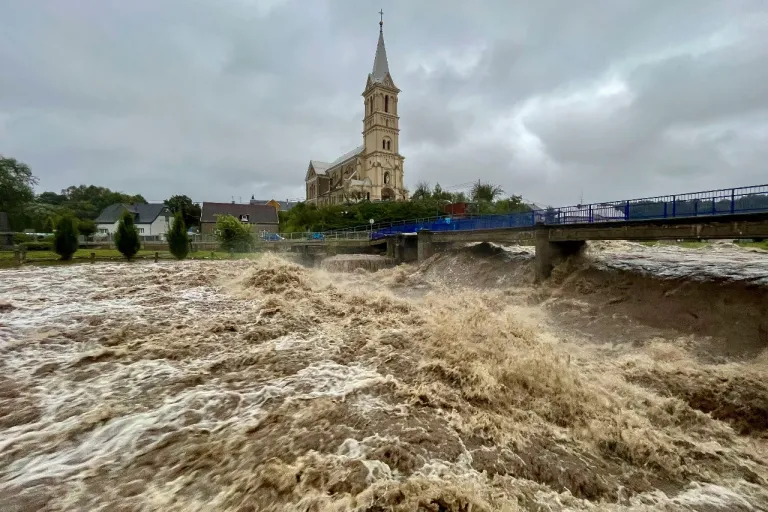
This summer, Europe is experiencing a remarkable array of extreme weather events, highlighting the volatility of the climate crisis.
While southern regions have faced record heatwaves, it is now central and eastern Europe contending with the wrath of Storm Boris.
This powerful storm has brought about widespread destruction, turning once-calm rivers into raging torrents, sweeping through communities, and leaving behind damage that will take weeks to repair.
Whether you're planning a trip to these affected regions or you’re already there, it's crucial to stay informed and prepared.
Where Are the Floods in Europe?
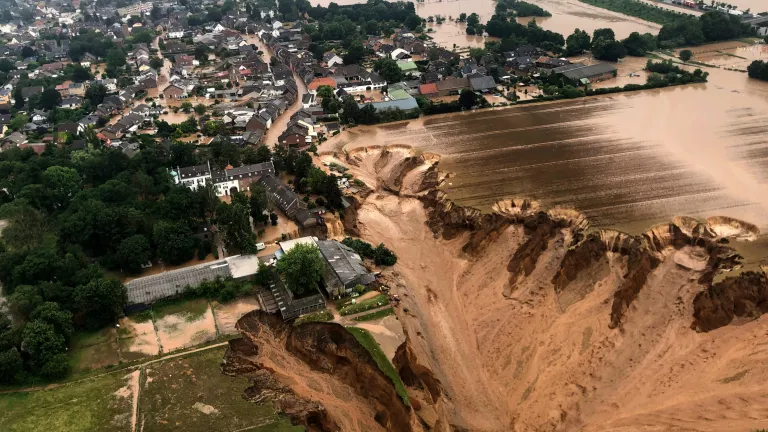 The severe flooding triggered by Storm Boris has impacted numerous countries across central and eastern Europe.
The severe flooding triggered by Storm Boris has impacted numerous countries across central and eastern Europe.
Poland, Czechia, Austria, Romania, and Slovakia are among the worst hit. Torrential downpours of more than a month’s worth of rain in just 24 hours have transformed towns and villages into disaster zones.
Rivers have burst their banks, roads have been washed away, and thousands of residents have been forced to evacuate.
One of the most impacted regions is Lower Silesia in Poland, where thousands of people have been evacuated as water levels continued to rise.
Vienna, Austria's capital, has also been declared a disaster zone, with severe flooding causing widespread transport disruptions. Czechia has reported missing people, and many homes have been destroyed.
In Romania, the situation is similarly grim. The floods have trapped people in their homes, leading to several deaths.
Authorities have been working tirelessly to manage the crisis, but it’s clear the road to recovery will be long and challenging.
Also read: 15 Epic international Destinations to experience in December
Impact on Travel
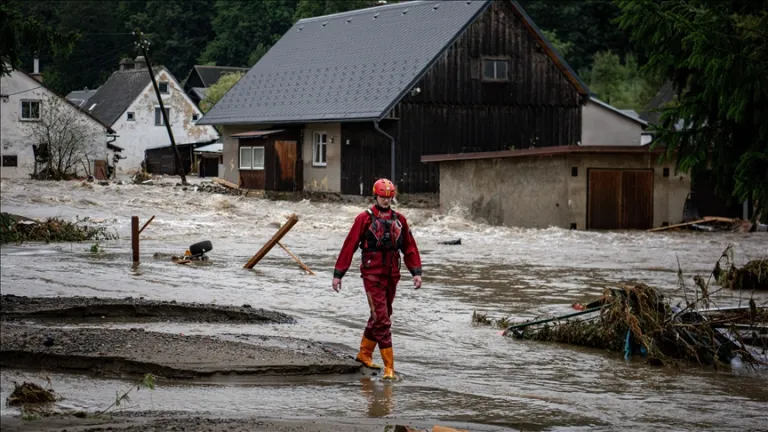 Travelers heading to or already in the affected regions must take note of the current conditions. Governments have not issued blanket travel bans but are urging extreme caution.
Travelers heading to or already in the affected regions must take note of the current conditions. Governments have not issued blanket travel bans but are urging extreme caution.
The British Foreign Office has updated its travel guidance for Austria, Poland, Czechia, and Romania, advising travelers to closely monitor local media and follow all official instructions.
In Austria, particularly in Vienna and surrounding areas, road closures and disruptions to public transport are creating significant challenges for travelers.
Poland has seen similar issues, with several train services suspended. If you’re planning to travel by train through affected regions, it's essential to check updates from Austrian Railways or the Polish public transport system for real-time information.
Moreover, Italy is now in Storm Boris' path, with the Italian meteorological services issuing flood warnings for the regions of Emilia-Romagna and Lazio. Travelers to these areas should prepare for the possibility of similar disruptions.
Travel Tips and Safety Advice
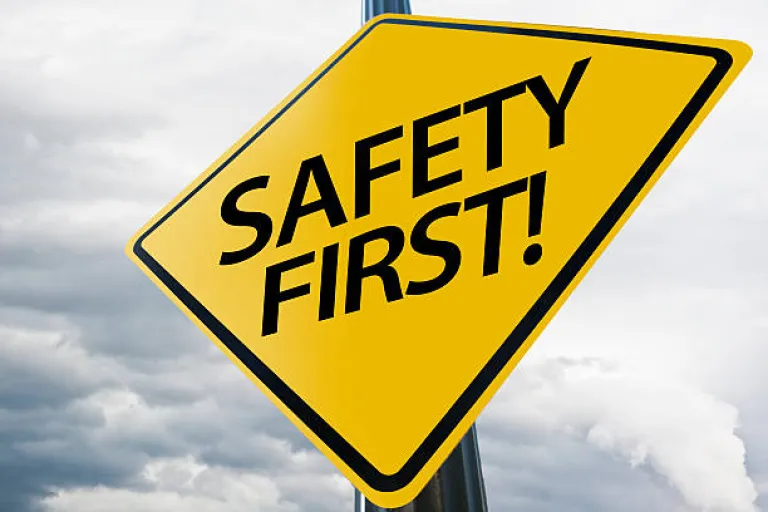 As the floods continue to impact regions across Europe, it’s vital to follow these travel and safety tips:
As the floods continue to impact regions across Europe, it’s vital to follow these travel and safety tips:
Monitor Local News: Keeping up-to-date with local media reports will help you stay informed about changing conditions. National weather services and local traffic updates can provide real-time information on road closures, train delays, and other critical disruptions.
Avoid High-Risk Areas: If you are already in one of the affected regions, avoid unnecessary travel. Stick to safe zones, such as elevated areas, and always heed the warnings from local authorities.
Contact Your Travel Provider: If your travel plans are disrupted due to flooding, reach out to your airline or travel provider to check if changes to your booking can be made. Many companies, including Ryanair, have been accommodating under these circumstances, waiving change fees for affected travelers.
Review Your Travel Insurance: Your travel insurance should cover costs related to necessary changes, such as evacuations or cancellations. However, make sure not to enter a high-risk area, as insurers may not cover voluntary exposure to dangerous conditions.
What’s Next?
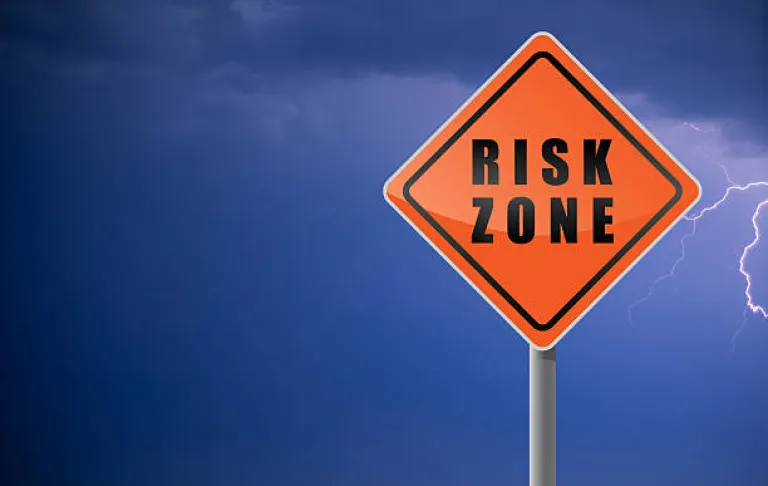 As the storm moves further into Europe, Italy is preparing for the possibility of floods similar to those seen in Poland and Austria.
As the storm moves further into Europe, Italy is preparing for the possibility of floods similar to those seen in Poland and Austria.
Meteorological agencies in Emilia-Romagna and Lazio have already issued warnings as rivers and lakes threaten to overflow.
For regions that have already felt the brunt of Storm Boris, the cleanup is just beginning. Entire communities in Czechia are assessing the damage, with many homes and businesses destroyed. In Romania, floodwaters have claimed lives and damaged infrastructure.
Authorities across these countries are working around the clock to restore order, but recovery will be a long process.
If you have upcoming travel plans to any of the affected regions, it’s best to remain flexible. Postponing your trip or choosing an alternative destination may save you from the uncertainty that continues to plague central and eastern Europe.
For those seeking ways to help, donating to disaster relief organizations focused on countries like Poland, Romania, and Czechia can provide essential support to affected communities.
Also read: Countries that you must include in your European Itinerary
Conclusion
 As Europe endures the devastating effects of Storm Boris, the need for caution and flexibility in travel plans cannot be overstated.
As Europe endures the devastating effects of Storm Boris, the need for caution and flexibility in travel plans cannot be overstated.
With widespread flooding across central and eastern Europe, travelers are advised to stay updated on local conditions and avoid high-risk areas.
Storm Boris has proven just how unpredictable and powerful nature can be, reminding us of the increasing urgency of climate-related issues.
If you’re traveling to the affected regions, prioritize your safety by staying informed and taking necessary precautions.
Follow all local advisories, and remember that when nature shows its strength, flexibility and preparation are your best travel companions.
Published at
About Author
Prerna Dixit
Subscribe our Newsletter
Get our weekly tips and travel news!
Related Posts
11 New Eco-Tourism Spots Coming to Himachal Pradesh
In a bid to promote sustainable tourism and showcase the pristine beauty of the state, the Himachal Pradesh government has identified 11 new eco-tourism sites.
17 y/o Makes Fake Flights Bomb Threats to 'Frame a Friend' - Leads to Flights Disruptions
Over 19 hoax bomb threats disrupt flights across India, causing massive delays and diversions...
Embark on a flavorful odyssey through the global gastronomic tapestry as we unveil three Indian restaurants adorned with rich flavors and cultural influences, securing their spot among the world's top 10 legendary dining destinations.
3 Visa Updates for Easy Indian Summer Travels
Get ready, Indian travelers! Summer adventure awaits with 3 visa updates: longer Thailand stay, easy Sri Lanka access, and simplified Schengen rules for Europe. Let's explore and make memories!
8 Iconic Tourist Destinations Affected by Over-tourism
Together, let's make mindful travel the new norm.
Latest Posts
Cinese Woman Blocks Train Door for Family Members and Gets Detained
As the train’s alarm blared and platform staff rushed in, the woman refused to move...
Pahalgam Terror Attack: 28 Tourists Killed in Kashmir
A deadly terrorist attack in Pahalgam, Kashmi. Find out which areas are restricted, what safety measures are in place, and where it's still safe to travel.
10 Best Tourist Attractions in the Philippines for Indians
Plan your next getaway with this guide to the 10 best tourist attractions in the Philippines that Indian travellers will absolutely fall in love with.
You don't Need FASTag anymore? Everything you need to know!
No more FASTag from May 1st?
Zanskar Valley Travel Guide - Everything You Need to Know
Looking to get lost? Zanskar Valley might be for you.

